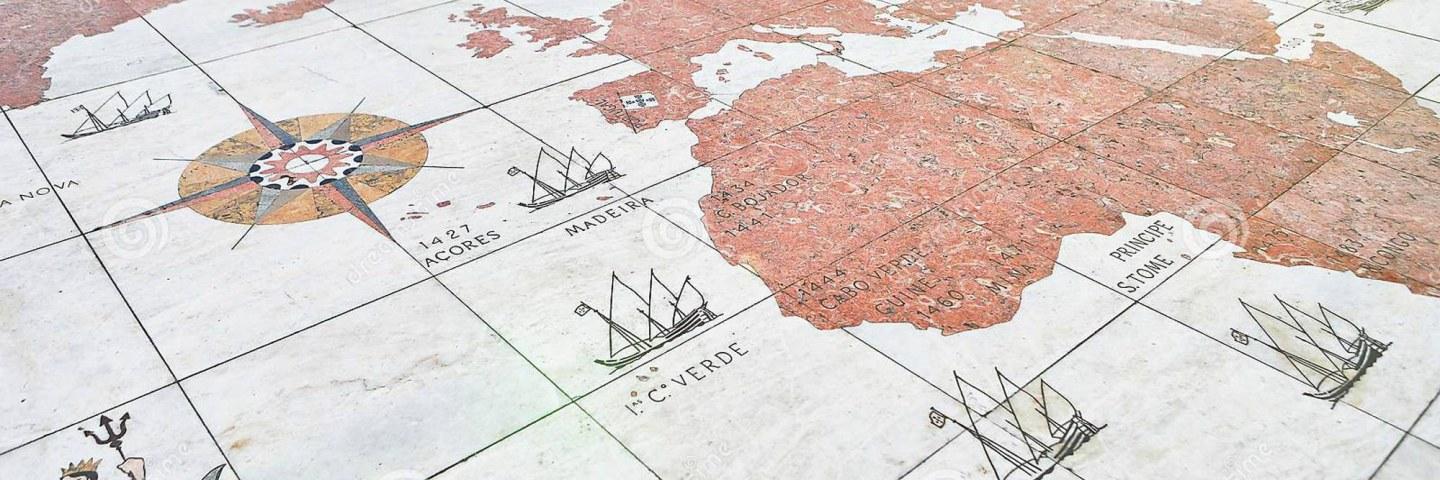Project Description
The aim of this project is to study the history of the foreign policy options considered and developed by six European states (Finland, Sweden, Austria, Spain, Portugal and Greece) between the early 1970s and 1989, years in which the world experienced the shock of globalization. By bringing together research on the neutral countries of Northern and Central Europe and on the foreign policies considered by the democratizing countries of Southern Europe, this project will provide a new perspective to understanding international and European history, one that is alternative to the prevailing grand narrative of Euro-Atlantic integration. Through this new prism it is possible to observe foreign policy options and practices that have been shadowed by interpretations based on the three-world division.
Using hitherto unexplored archival sources, the project addresses the following questions: how were Northern and Central European choices of neutralist foreign policies and their wider domestic contexts perceived and interpreted in Southern Europe (state administrations and political parties) in this period of transitions? How did Spain, Portugal and Greece use those perspectives in choosing to collaborate with the Euro-Atlantic alliance? How, if at all, neutralist foreign policies influenced or were analyzed in Europe´s near border in Northern Africa and the post-colonial Mediterranean terrain? Were the alternative conceptions of foreign policy transmitted across European small states to Africa? In answering these questions, this project will contribute to expand our knowledge of the history international relations, the history of the Cold War and the history of European integration.
Tavoite ja tehtävät
Project team
Rinna Kullaa, Project Leader (Tuni)
Alan Granadino, Post-Doctoral Researcher (EUI)
Eirini Karamouzi, Visiting Professor (University of Sheffield / LSE)
Vaikuttavuus
Fields of Research:
Global History
Europe in the World
Rahoituslähde
The Academy of Finland
480 000€
